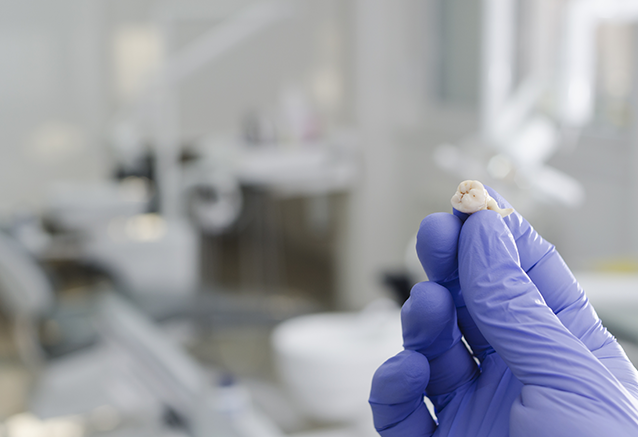The wisdom teeth are the last set of adult molars to erupt. While some people grow complete wisdom teeth, they are impacted for most people and cause excruciating dental pain. If your wisdom teeth are impacted, you can visit Thousand Smiles to have our dentist examine the teeth and recommend the right treatment.

Our dentist may carry out a mouth and teeth exam to determine the cause of the issue. You may also have the following assessments.
It’s usually difficult to treat impacted wisdom teeth, or if you have a health issue that increases your risk of surgery, the dentist may refer you to an oral surgeon for the necessary treatment.
Wisdom teeth that don’t cause symptoms are asymptomatic wisdom teeth. Some dentists do not agree on managing asymptomatic wisdom teeth, and there are findings supporting the opposing management strategies.

Even if the teeth are asymptomatic, meaning they do not cause any noticeable discomfort or pain. Here are a few reasons why extracting asymptomatic wisdom teeth can be necessary:
In some cases, dentists prefer to monitor asymptomatic wisdom teeth to see if any complications develop, rather than opting for immediate extraction. This decision is typically made on a case-bycase basis, considering factors like the position of the teeth, the patient’s age, and their overall dental health. Always consult with your dentist to determine the best course of action for your
specific situation. At Thousand Smiles, we’re ready to help you make the best decision regarding your wisdom teeth. Give us a call on 020 8050 0280 to discuss your options.
If you are experiencing pain or other issues from your wisdom teeth, our dentist may suggest surgery to remove them. Wisdom teeth removal is necessary when there are cysts, gum infections or disease, tooth decay or harm to the teeth surrounding the wisdom teeth.
Wisdom teeth removal is a same-day procedure, and you can go home afterwards. The procedure involves:
The dentist will administer local anaesthesia to numb your mouth, general anaesthesia for a complete knock-off or sedation anaesthesia to reduce your consciousness.
Your dentist will make a tiny incision in your gum to remove any bone that prevents access to the affected wisdom teeth. After removing the wisdom teeth, the dentist will stitch the wound and fill the socket with gauze after removing the bone.
After wisdom teeth removal surgery, some patients experience side effects such as pain and bleeding. Painful dry sockets and infection rarely occur.
Many patients who need a tooth extraction feel anxious and uncomfortable, but not removing the teeth will be dangerous. If you’re feeling uncomfortable, speak with the dentist for ways to manage your pain and anxiety.

If you experience symptoms of impacted wisdom teeth and contact your dentist, expect the following questions.
You can visit Thousand Smiles today if you have impacted wisdom teeth. We are available when you call 020 8050 0280 or email [email protected] to book an appointment.